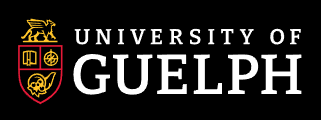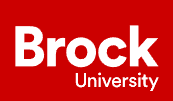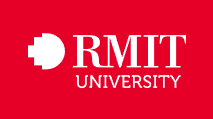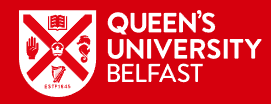Exploring the Cultivation Model of College Basketball Talents from the Perspective of Holistic Education
DOI:
https://doi.org/10.63313/EH.9014Keywords:
Holistic education, basketball education, talent cultivation, higher education, comprehensive developmentAbstract
Based on the concept of holistic education, this paper systematically explores the current situation, problems, and optimization paths of basketball talent cultivation in Chinese universities. It points out that existing practices in college basketball education are characterized by overly narrow training goals, closed curriculum structures, insufficient practical platforms, and one-sided evaluation systems. Excessive emphasis is placed on athletic performance while neglecting the comprehensive development of students’ qualities. To address these issues, the paper proposes systematic innovations in four areas—training objectives, curriculum content, practice platforms, and evaluation mechanisms. It advocates building a “skills + literacy + character” integrated cultivation model, and promoting teaching collaboration, faculty development, open learning environments, and individualized growth. In this way, basketball education can shift from a “competition-oriented” to a “student-oriented” approach, ultimately fostering students’ physical, psychological, cognitive, and social development.
References
[1] Liu, B. (2004). The rise of holistic education and the transformation of educational goals. Comparative Education Review, (9), 17–22.
[2] Obara, K. (1993). Selected works on the educational theories of Kuniyoshi Obara (Liu, J., You, Q., & Wu, G., Trans.). Beijing: People’s Education Press. (Original work published in Japanese).
[3] Wu, J. (2019). Comparative analysis of the operational elements of sports master talent training models under different systems (Master’s thesis). Harbin Sport University, Harbin.
[4] The Communist Party of China. (2017, October 18). Report to the 19th National Congress of the Communist Party of China: Secure a decisive victory in building a moderately pros-perous society in all respects and strive for the great success of socialism with Chinese characteristics for a new era [Speech].
[5] Xinhua News Agency. (2018, September 10). Xi Jinping’s speech at the National Education Conference. Ministry of Education of the People’s Republic of China. Retrieved from http://www.moe.gov.cn/s78/A11/s6353/201809/t20180910_348145.html
[6] Ministry of Education of the People’s Republic of China. (2019, October 12). Opinions on deepening the reform of undergraduate education and teaching to comprehensively im-prove talent training quality. Retrieved from https://gaokao.chsi.com.cn/gkxx/zcdh/201910/20191012/1834558880.html
[7] Liu, C., & Shang, Z. (2016). Reflections on constructing a “multi-ability with one specialty” model for physical education talent training. Sports Science and Technology Bulletin, 24(8), 75–77.
Downloads
Published
Issue
Section
License
Copyright (c) 2025 by author(s) and Erytis Publishing Limited.

This work is licensed under a Creative Commons Attribution 4.0 International License.





















